De: The Daoist concept of virtue, power, and its manifestation of the Dao
The concept of De (德), often translated as “virtue” or “power”, is central to Daoist philosophy. Unlike the Confucian understanding of De, which emphasizes moral cultivation and adherence to societal norms, Daoist De represents the spontaneous expression of the Dao in an individual or thing. It is an intrinsic quality that arises naturally when one is aligned with the Dao, rather than something imposed or cultivated through deliberate effort. In Daoist thought, De serves as a bridge between the abstract, ineffable Dao and the concrete, tangible world. It is through De that the Dao manifests itself in the myriad things, enabling them to follow their innate nature and fulfill their potential.
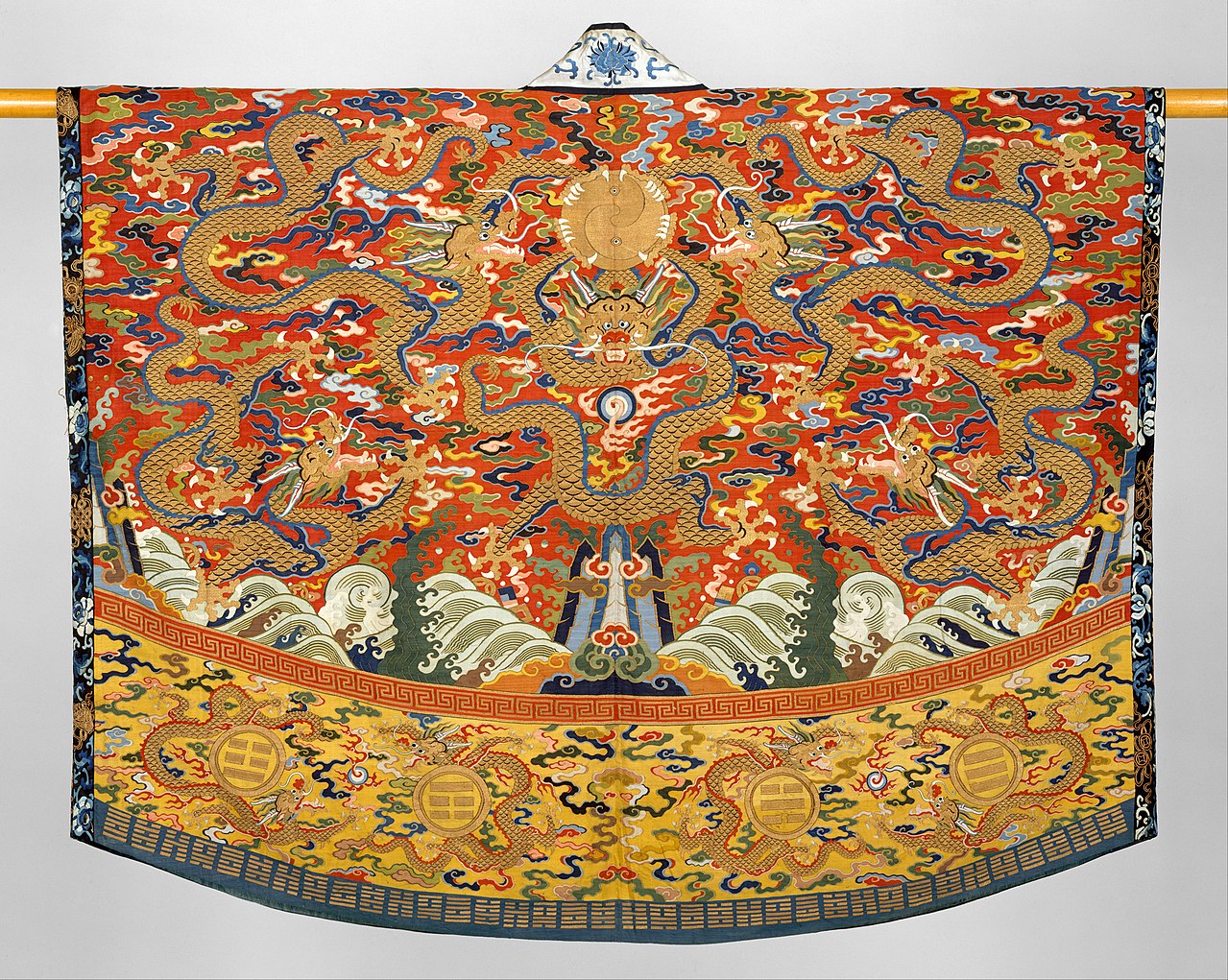
Daoist Robe, 17th Century. Robe embroidered with 5 dragons hovering over a landscape of mountains and ocean, likely worn by a Daoist priest during ceremonies. 17th century, China. Source: Wikimedia Commonsꜛ (license: CC BY 1.0)
Metaphysical foundation of De
In the Dao De Jing, Laozi presents De as the natural potency or efficacy that emerges from alignment with the Dao. While the Dao is the ultimate source of all existence, De is its manifestation in the world of form and multiplicity. Laozi frequently emphasizes that De cannot be separated from the Dao, as it represents the Dao’s operation within particular beings.
Laozi describes De as an effortless, self-sustaining power that requires no external validation or coercion. This contrasts with artificial forms of power or authority, which rely on force and manipulation. The Dao De Jing suggests that when a person or ruler embodies De, their actions are naturally effective and harmonious, without the need for dominance or control.
Zhuangzi expands on the metaphysical nature of De by emphasizing its unique expression in each individual being. In the Zhuangzi, De is likened to the distinct characteristics of different animals, plants, and people, each of whom follows their own path in accordance with their innate nature. Zhuangzi’s emphasis on individuality and diversity reflects the Daoist view that De is not a uniform standard but a unique expression of the Dao in every being.
De and daoist ethics
Ethically, De represents a mode of being that is authentic, spontaneous, and in harmony with the natural order. Unlike Confucian virtue, which is cultivated through ritual and moral instruction, Daoist De arises effortlessly when one follows the Dao. This ethical ideal is closely linked to the principles of wu wei (effortless action) and ziran (naturalness).
A person who embodies De acts in a way that is both effective and non-coercive. Their actions are guided not by rigid rules or external expectations but by an intuitive understanding of the Dao. This ethical stance promotes humility, simplicity, and a deep respect for the intrinsic nature of all things.
The Dao De Jing frequently contrasts the Daoist sage, who embodies De, with those who rely on force, cunning, or elaborate schemes. Laozi argues that such artificial forms of power ultimately lead to imbalance and conflict, whereas genuine De fosters harmony and peace. The sage’s virtue lies not in moral posturing or self-righteousness but in their ability to act in accordance with the Dao, allowing things to unfold naturally.
De in governance and leadership
One of the most significant applications of De in Daoist thought is in the realm of governance. Laozi presents the ideal ruler as one who governs through De, allowing the people to live freely and harmoniously without unnecessary interference. In Chapter 17 of the Dao De Jing, Laozi writes, “The best ruler is one whose existence is barely known to the people. When the work is done, they say, ‘It happened naturally’”. This reflects the Daoist belief that true leadership is unobtrusive and non-coercive.
A ruler who embodies De governs not through force or strict laws but through their personal alignment with the Dao. Their virtue creates a natural order in which the people can flourish without external compulsion. This model of governance contrasts sharply with authoritarian or interventionist approaches, emphasizing minimalism and trust in the natural order.
Historically, Daoist ideas about governance influenced certain periods of Chinese history, particularly during the early Han dynasty, when rulers sought to implement policies of minimal intervention and light taxation. Although these policies were later replaced by more centralized and authoritarian models, the Daoist ideal of leadership through De continued to resonate in philosophical and political discourse.
De and personal development
In addition to its role in governance, De serves as a guide for personal development in Daoist practice. Cultivating De involves aligning oneself with the Dao, letting go of artificial desires, and embracing simplicity and authenticity. This process is not about accumulating virtue in the sense of moral achievements but about returning to one’s innate nature and allowing De to emerge spontaneously.
The Daoist path to personal development emphasizes practices such as meditation, self-reflection, and the cultivation of qi (vital energy). These practices aim to harmonize the body and mind with the Dao, fostering a state of balance and tranquility in which De can flourish. Unlike rigid ascetic practices or moral disciplines, Daoist cultivation is gentle and adaptive, respecting the natural rhythms of the individual.
Zhuangzi’s writings often depict the Daoist sage as someone who embodies De through their mastery of life’s challenges. In one famous story, Zhuangzi describes a wheelwright who achieves mastery not through adherence to fixed techniques but through years of intuitive practice. The wheelwright’s skill represents the spontaneous efficacy of De, arising from his alignment with the Dao.
De and harmony with nature
The concept of De also reflects a deep Daoist respect for nature. In Daoist cosmology, every being has its own De, its unique way of expressing the Dao. Recognizing and respecting the De of all things fosters a harmonious relationship with the natural world.
Daoist texts frequently emphasize the importance of living in accordance with nature’s rhythms and cycles. By aligning oneself with the De of the natural world, one can achieve a state of harmony and balance. This ecological ethic has significant contemporary relevance, offering a model for sustainable living that respects the intrinsic value of all forms of life.
Conclusion
De is a multifaceted concept that lies at the heart of Daoist philosophy. It represents the spontaneous manifestation of the Dao in the world, guiding both ethical behavior and personal development. Unlike conventional notions of virtue, Daoist De arises effortlessly from alignment with the Dao, promoting a way of life that is simple, humble, and harmonious.
Through its emphasis on De, Daoism offers a vision of leadership and governance that prioritizes minimal intervention and trust in the natural order. It also provides a framework for personal growth that respects individuality and spontaneity, as well as an ecological ethic that fosters a deep respect for nature.
Within the Chinese culture and history, the concept of De has played a significant role in shaping philosophical, political, and ethical discourse. Its relevance lies in its ability to offer a holistic vision of human flourishing – grounded in the natural order of the Dao.
References
- Slingerland, Edward, Effortless action: Wu-wei as conceptual metaphor and spiritual ideal in early China, 2007, Oxford University Press, ISBN: 978-0195314878
- Richard Wilhelm (Übersetzer), I Ging: das Buch der Wandlungen, 2017, Nikol Verlag, ISBN: 9783868203950
- Laozi, Viktor Kalinke (Übersetzung), Studien zu Laozi, Daodejing - , Bd. 1: Eine Wiedergabe seines Deutungsspektrums: Text, Übersetzung, Zeichenlexikon und Konkordanz, 2000, Leipziger Literaturverlag, 2. Auflage, ISBN: 9783934015159
- Viktor Kalinke, Laozi, Studien zu Laozi, Daodejing, Bd. 2: Eine Erkundung seines Deutungsspektrums: Anmerkungen und Kommentare, 2000, Leipziger Literaturverlag, 2. Auflage, ISBN: 9783934015180
- Viktor Kalinke, Nichtstun als Handlungsmaxime: Studien zu Laozi Daodejing, Bd. 3: Essay zur Rationalität des Mystischen, 2011, Leipziger Literaturverlag, ISBN: 9783866601154
- Laozi, Richard Wilhelm (Übersetzer), Tao te king - das Buch des alten Meisters vom Sinn und Leben, 2010, Anaconda, ISBN: 9783866474659
- Zhuangzi, Viktor Kalinke (Translator), Zhuangzi - Das Buch der daoistischen Weisheit, 2019, Reclam, ISBN: 9783150112397
- Lü Bu We (Autor), Richard Wilhelm (Herausgeber, Übersetzer), Das Weisheitsbuch der alten Chinesen - Frühling und Herbst des Lü Bu We, 2015, Anaconda, ISBN: 9783730602133
- Bokenkamp, Stephen R., Early Daoist scriptures, 1999, University of California Press, ISBN: 978-0520219311
- Kohn, Livia, Daoism and Chinese culture, 2005, University of Hawaii Press, ISBN: 978-1931483001
- Robinet, Isabelle, Daoism: Growth of a religion, 1997, Stanford University Press, ISBN: 978-0804728386
- Watson, Burton (trans.), The complete works of Zhuangzi, 2013, Columbia University Press, ISBN: 978-0231164740
- Martin Bödicker, Schrittweise das Dao Verwirklichen - Tianyinzi - Tägliche Übung - Riyong, 2015, Verlag n/a, ISBN: 9781512157475
- Martin Bödicker, Innere Übung - Neiye - Das Dao als Quelle - Yuandao, 2014, CreateSpace Independent Publishing Platform, ISBN: 978-1503157071
- Ingrid Fischer-Schreiber, Michael S Diener (Herausgeber), Franz K Erhard (Herausgeber), Kurt Friedrichs (Herausgeber), Lexikon der östlichen Weisheitslehren - Buddhismus, Hinduismus, Daoismus, Zen, 1986, O.W. Barth, ISBN: 9783502674047
- Ingrid Fischer-Schreiber, Das Lexikon des Daoismus - Grundbegriffe und Lehrsysteme; Meister und Schulen; Literatur und Kunst; meditative Praktiken; Mystik und Geschichte der Weisheitslehre von ihren Anfängen bis heute, 1996, Wilhelm Goldmann Verlag, ISBN: 9783442126644
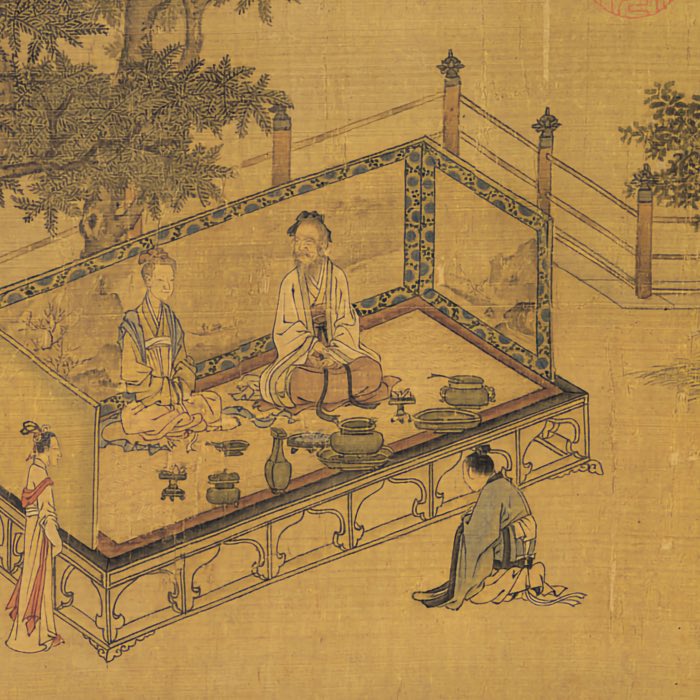
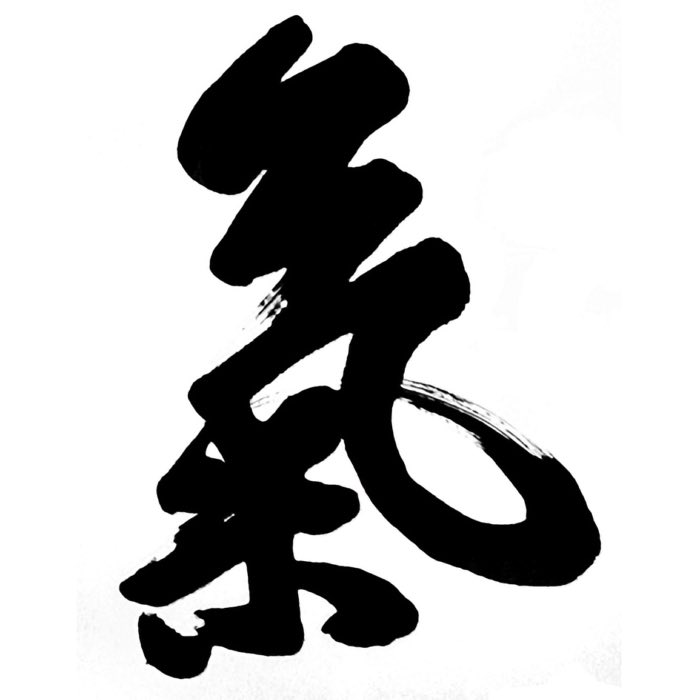
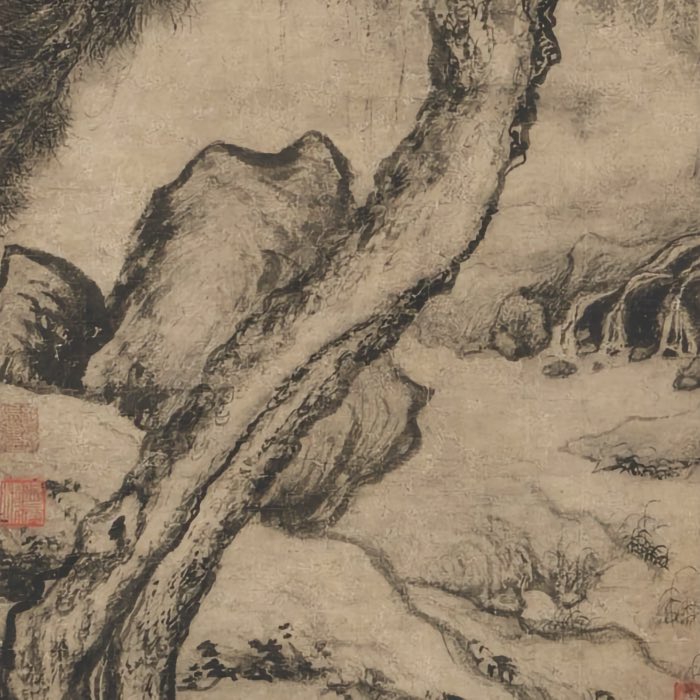
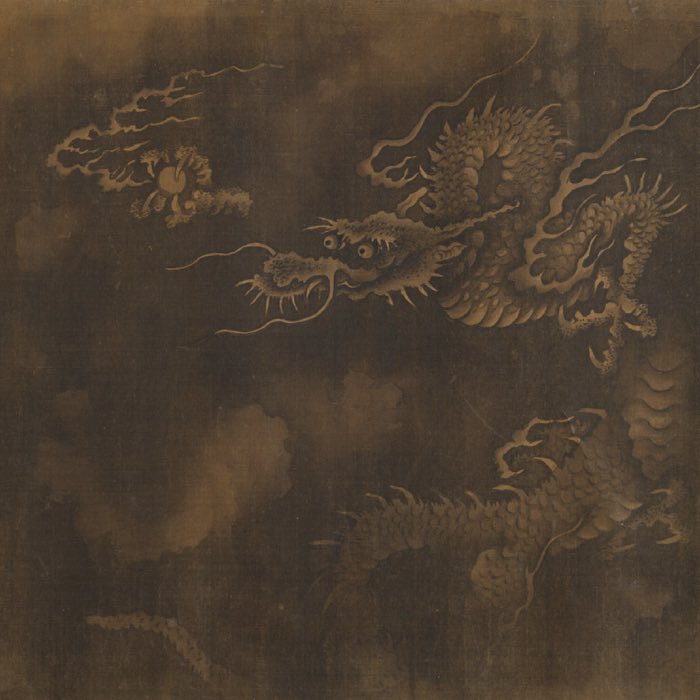
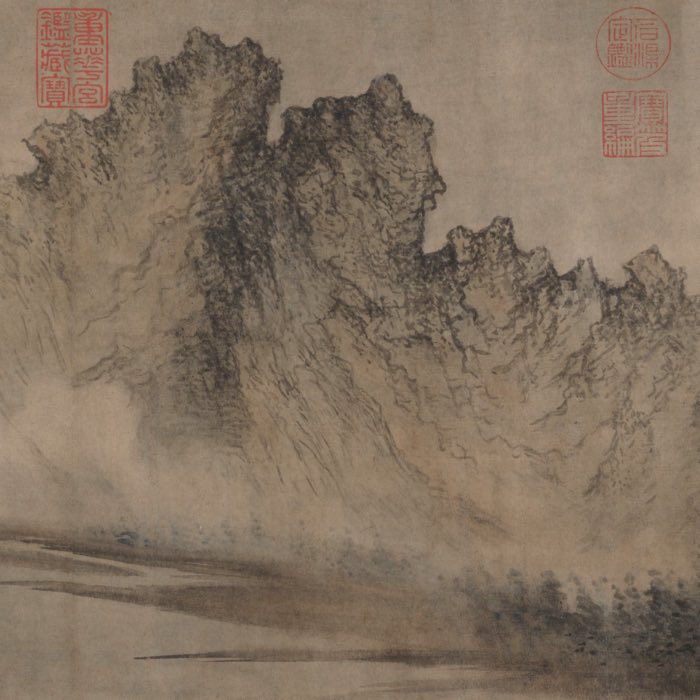
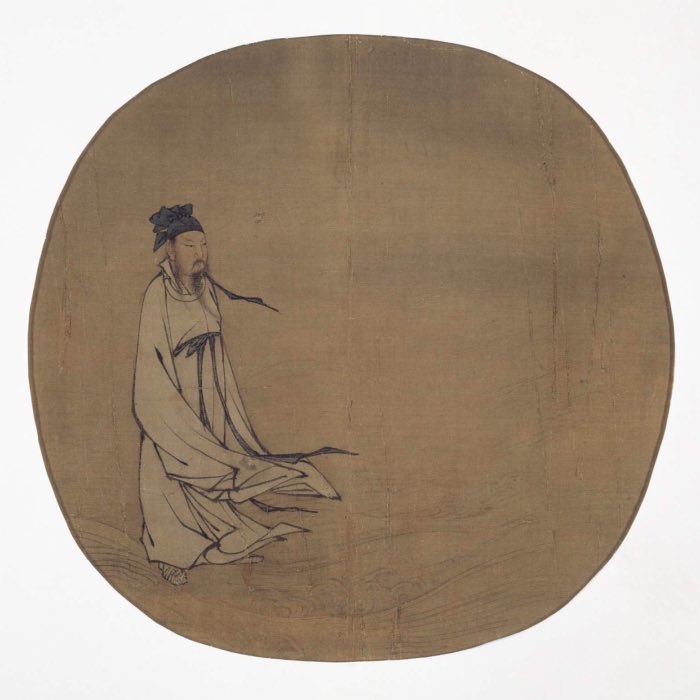
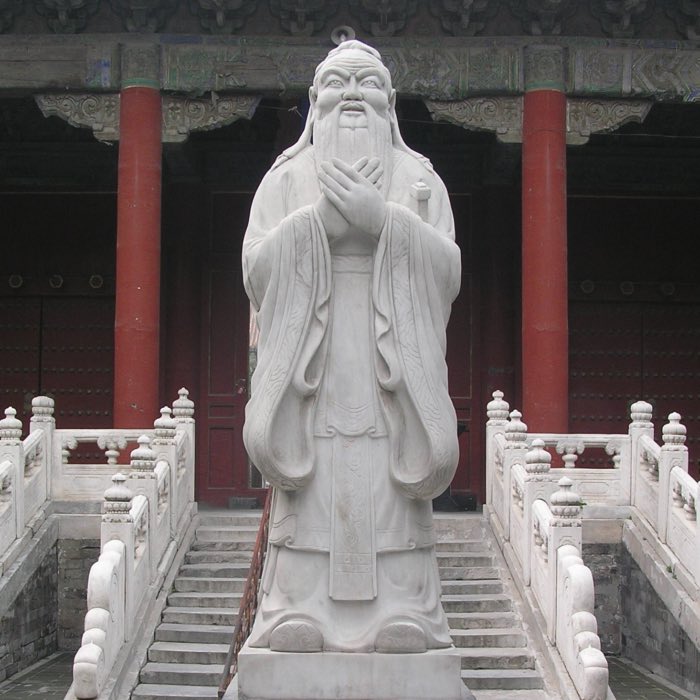
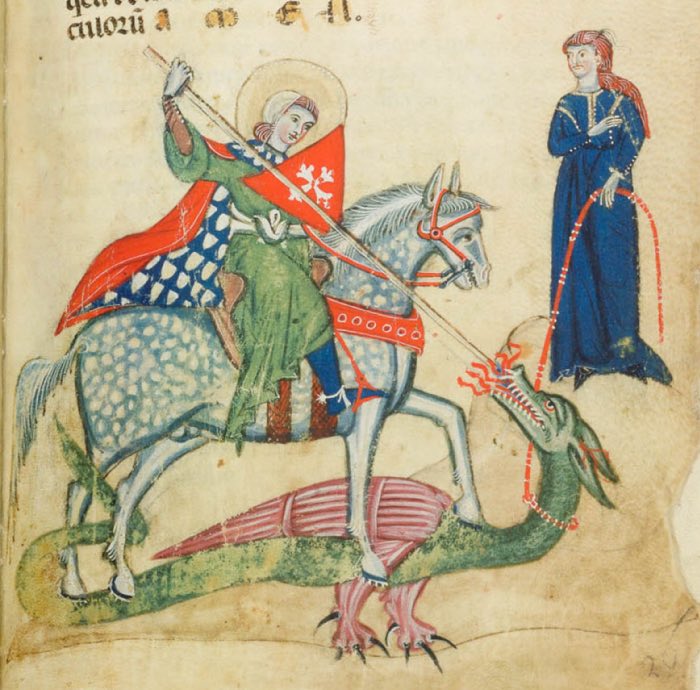
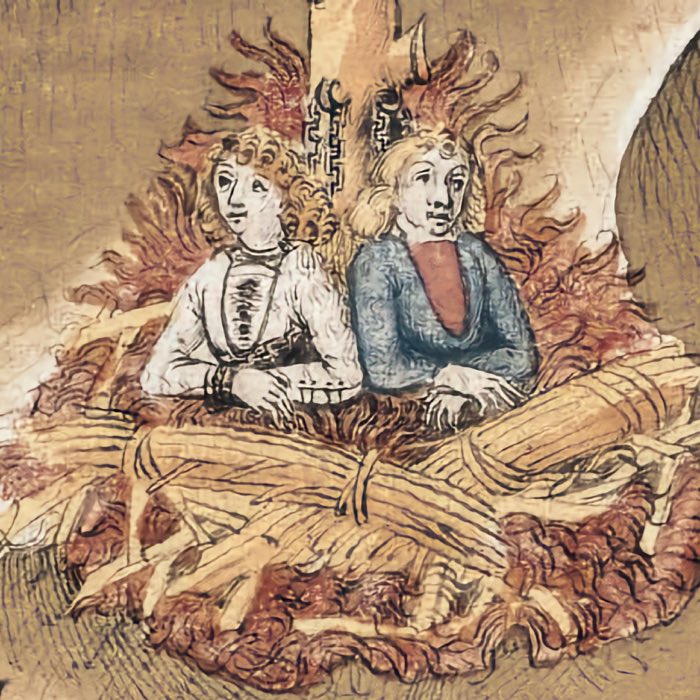
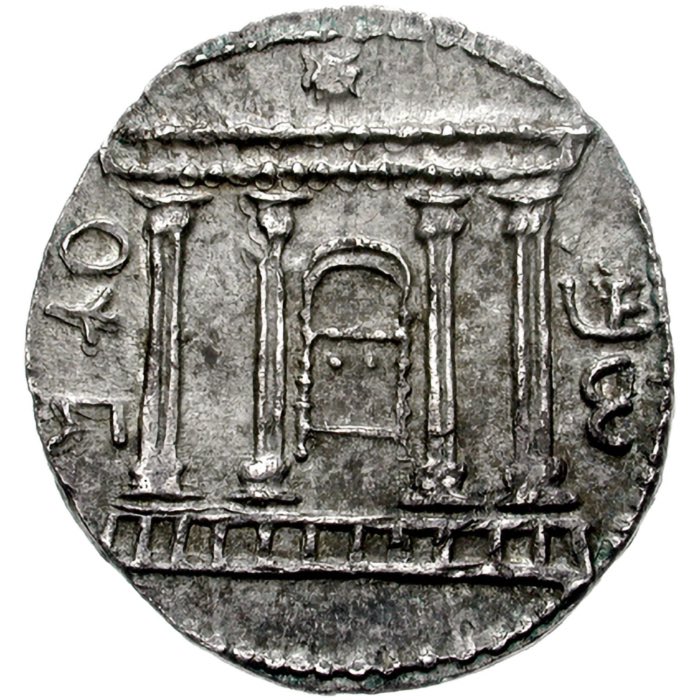
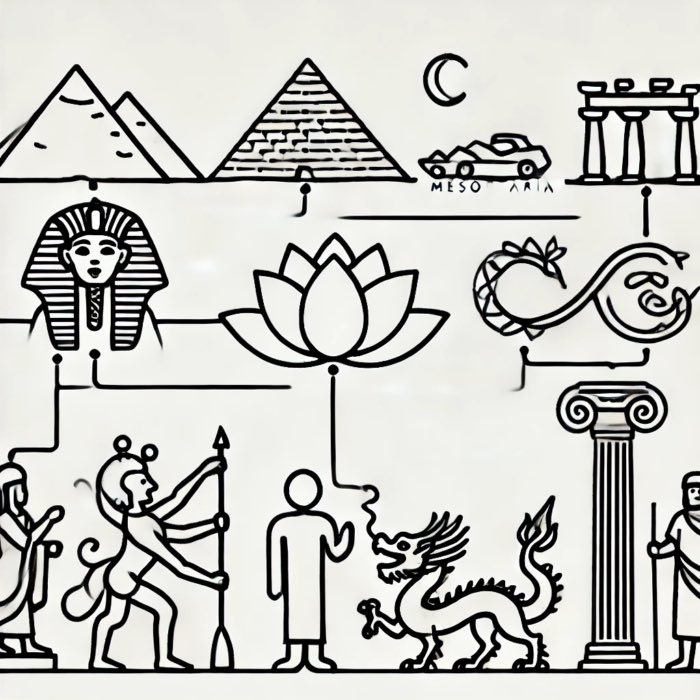
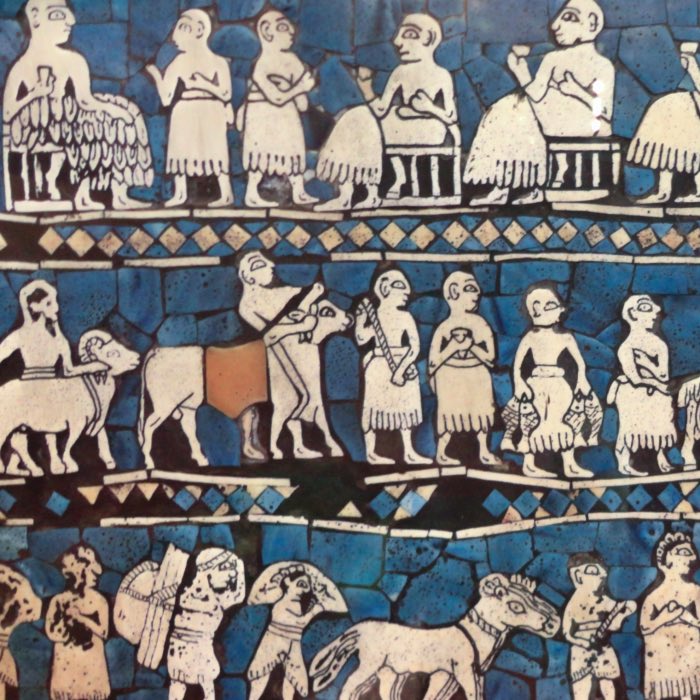
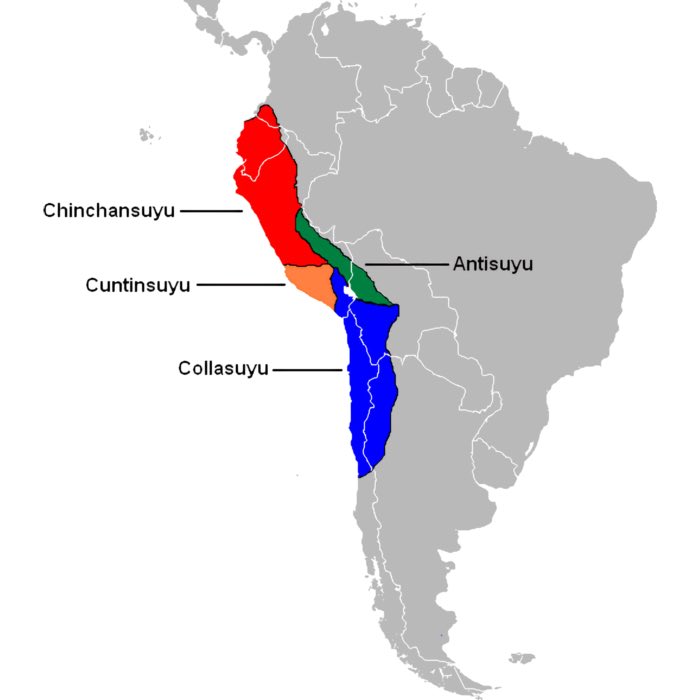
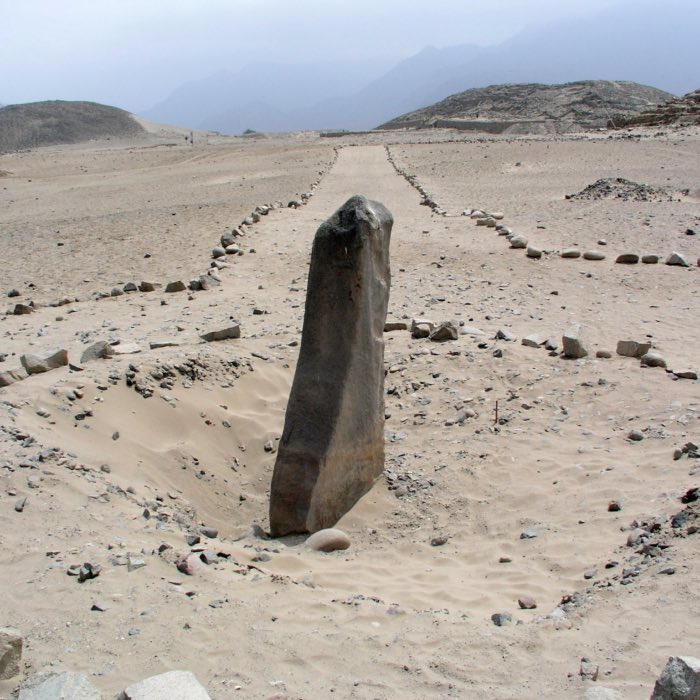
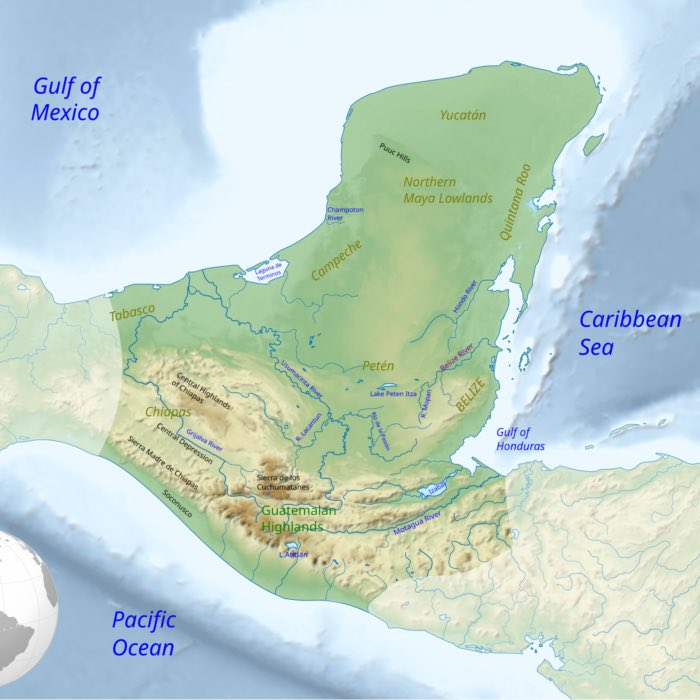
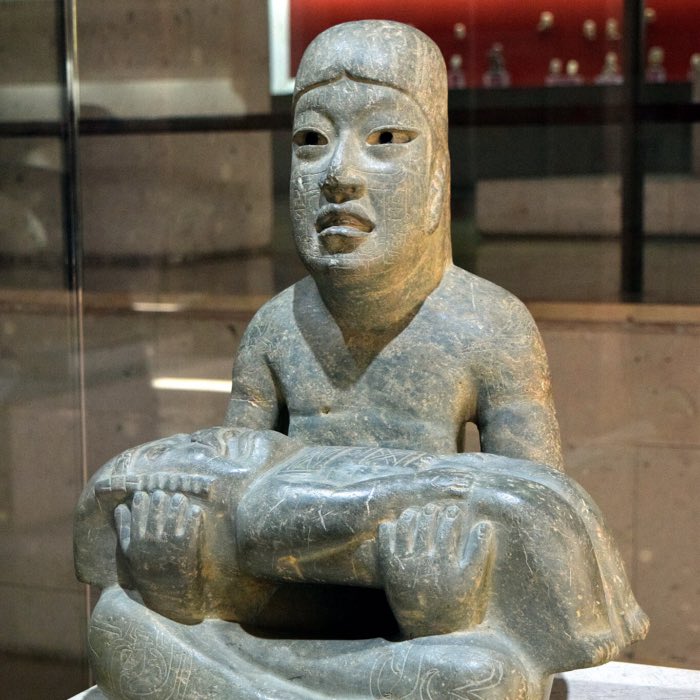
comments